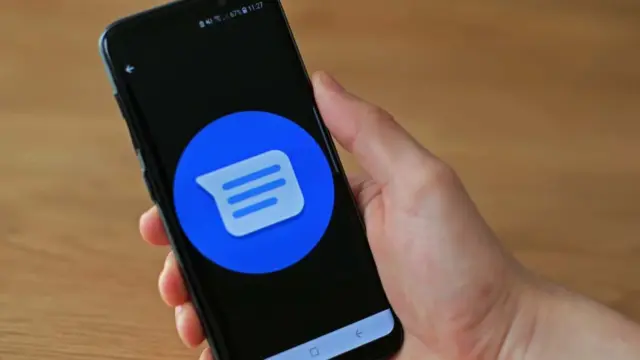
Google Messages has been positioning itself as the go-to messaging app for Android users, boasting features like Rich Communication Services (RCS), end-to-end encryption, and AI-powered tools. However, despite these advancements, several issues persist that make me hesitant to fully commit to it as my primary messaging platform.
RCS Reliability Remains Questionable
RCS is designed to enhance traditional SMS by enabling features like typing indicators, read receipts, and high-resolution media sharing. Yet, many users report inconsistent performance. For instance, some have experienced RCS features randomly disabling, reverting messages back to SMS/MMS without warning. Troubleshooting steps like resetting network settings or reinstalling the app often don’t resolve the issue.
Additionally, a bug in the latest version of Google Messages has prevented users from connecting to Google’s RCS servers, leading to widespread disruptions.
End-to-End Encryption Limitations
While Google Messages offers end-to-end encryption (E2EE) for one-on-one RCS chats, this feature is only available when both users have compatible devices and the latest version of the app. Group chats and conversations with users on different platforms don’t benefit from this level of security.
Moreover, some users have reported that E2EE doesn’t always activate as expected, even in eligible chats. This inconsistency raises concerns about the app’s reliability in securing private conversations.
AI Features and Privacy Concerns
Google Messages has integrated AI to detect potential scams and flag sensitive content. While this aims to enhance user safety, it also means that Google’s algorithms are scanning your messages, raising privacy concerns
Recent updates have introduced features that analyze photos for sensitive content, further extending Google’s reach into personal communications. For users who prioritize privacy, this level of scrutiny may be unsettling.
User Interface and Experience Issues
The app’s interface has undergone several redesigns, not all of which have been well-received. Some users find the new layouts less intuitive, with important features buried under multiple layers. Additionally, issues like slow-loading media and app crashes have been reported, detracting from the overall user experience.
Cross-Platform Compatibility Challenges
While RCS aims to bridge the gap between Android and iOS messaging, full compatibility remains elusive. Apple’s adoption of RCS in iOS 18 has improved matters, but differences in implementation mean that features like read receipts and typing indicators may not function seamlessly across platforms.
Furthermore, messages between Android and iPhone users still default to SMS/MMS in many cases, lacking the enhanced features RCS promises.
Alternatives Offer More Consistent Performance
Given these issues, other messaging apps like Signal, WhatsApp, and Telegram may offer more reliable and secure communication options. These platforms provide consistent end-to-end encryption, cross-platform compatibility, and a stable user experience without the same level of reported issues.
While Google Messages continues to evolve, the current challenges related to RCS reliability, encryption inconsistencies, privacy concerns, and user experience make it difficult to recommend as a primary messaging app. Users seeking a dependable and secure communication platform may find better alternatives elsewhere.










